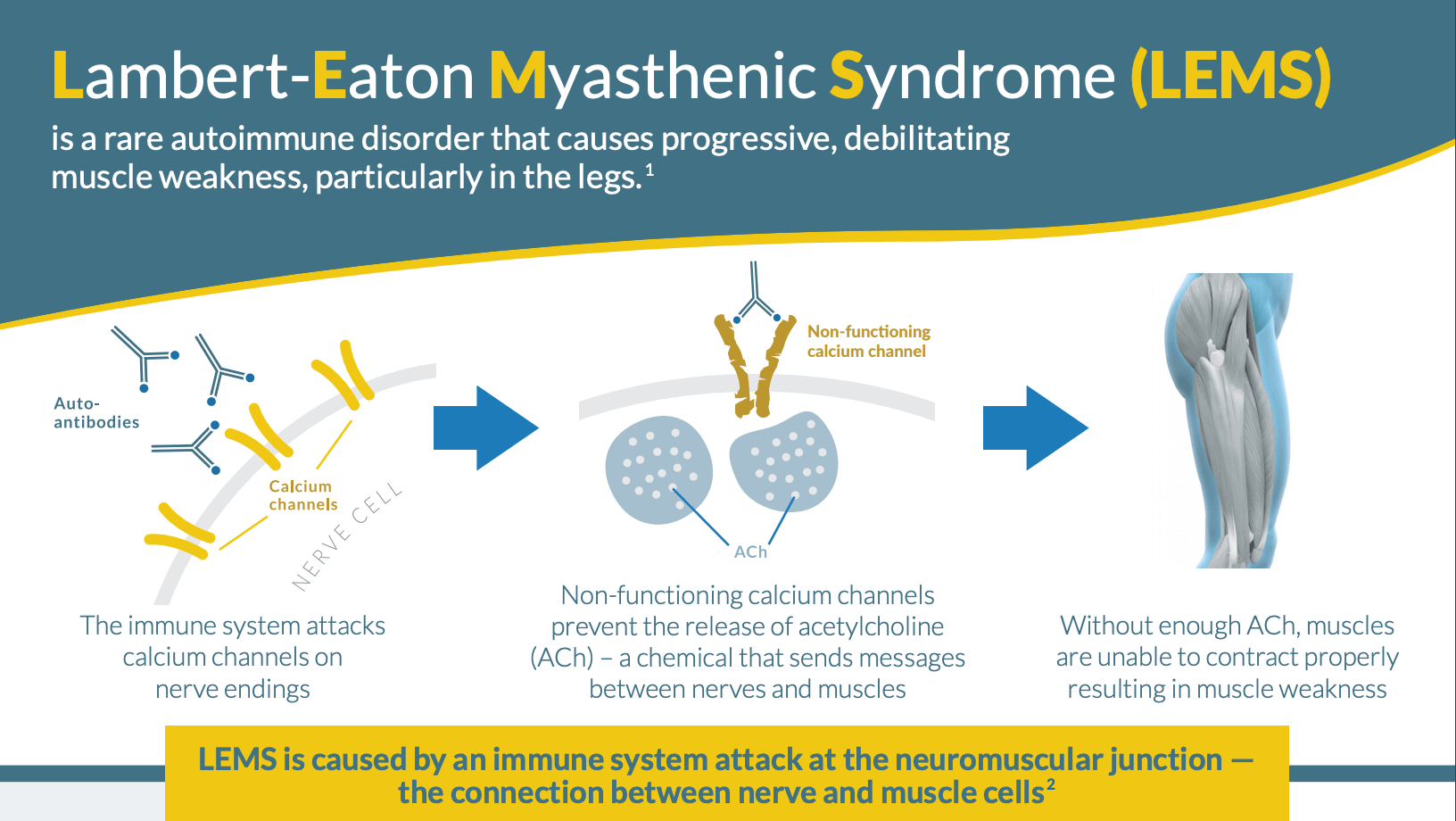
The American Heart Association (AHA) reports that people who have both high blood pressure and diabetes double their risk for cardiovascular disease. If you have diabetes, it’s essential to control your glucose to limit your risk for developing heart disease. People with diabetes may also be at higher risk for heart disease because high blood glucose levels increase the risk of: People who smoke double their risk of developing heart disease, according to the National Institute of Diabetes and Digestive and Kidney Diseases (NIDDK). Smoking, for example, is a controllable risk factor. high cholesterol and low levels of high-density lipoprotein (HDL), the “good” cholesterol.The CDC says that around 47 percent of Americans have at least one risk factor for heart disease. Some are controllable, and others aren’t. There are many risk factors for heart disease. What are some risk factors for heart disease? Uncontrolled infections in the body can also harm the heart if they’re not properly treated. Possible causes may include scar tissue buildup and a type of abnormal protein buildup known as amyloidosis.īacteria, parasites, and viruses are the most common causes of heart infections. It’s often unclear what leads to this type of cardiomyopathy, which results in rigid heart walls. This type of heart disease leads to a thicker heart muscle. It may also be an inherited condition or the result of uncontrolled blood pressure. It may be the result of previous damage to the heart, such as the kind caused by drugs, infections, and heart attack. It’s unclear what causes this most common type of cardiomyopathy, which leads to a weakened heart. Each type is the result of a separate condition. This can create a heart defect that may lead to complications and problems. Your heart’s structure can also change as you age. Some may also go undiagnosed for many years. Some heart defects may be serious and diagnosed and treated early. This heart disease occurs while a baby is still developing in the womb. medications, supplements, and herbal remedies.heart defects, including congenital heart defects.Arrhythmia causesĬauses of an abnormal heart rhythm include: Other causes of heart disease are described below. Atherosclerosis and CAD result from plaque buildup in the arteries.

Each type of heart disease is caused by something entirely unique to that condition. Heart disease is a collection of diseases and conditions that cause cardiovascular problems. Read more about the common signs and symptoms of heart disease in women - and find out why many women say they wouldn’t call 911 if they thought they were having a heart attack. indigestion or gaslike pain in the chest and stomach.shortness of breath or shallow breathing.Symptoms of heart disease in women can also be confused with other conditions, such as depression, menopause, and anxiety.Ĭommon heart disease symptoms in women include: What’s more, 80 percent of the women in the study reported experiencing these symptoms for at least one month before their heart attack occurred. Instead, the study reported that women were more likely to say they experienced anxiety, sleep disturbances, and unusual or unexplained fatigue. The top symptoms didn’t include “classic” heart attack symptoms such as chest pain and tingling. In fact, a 2003 study looked at the symptoms most often seen in women who’d experienced a heart attack. Women often experience different signs and symptoms of heart disease than men, specifically with regards to CAD and other cardiovascular diseases. What are the symptoms of heart disease in women? Read more about the signs and symptoms of heart disease. The term heart infection may be used to describe conditions such as endocarditis or myocarditis.




 0 kommentar(er)
0 kommentar(er)
